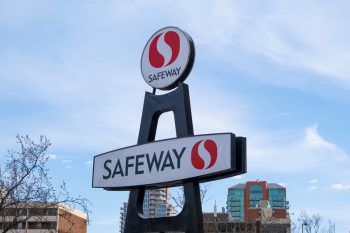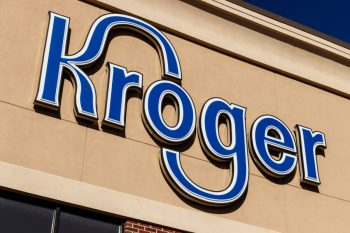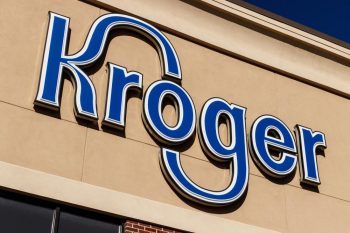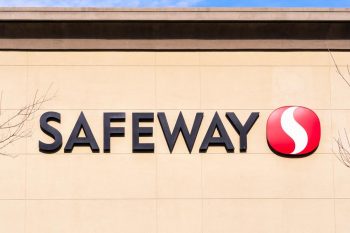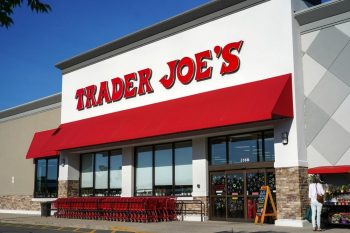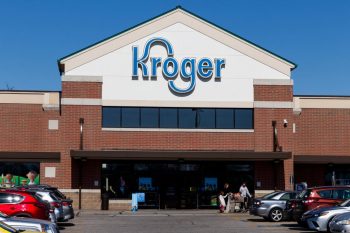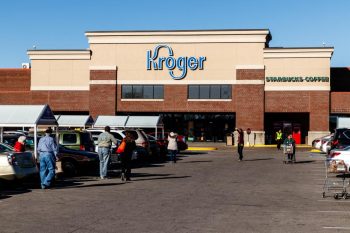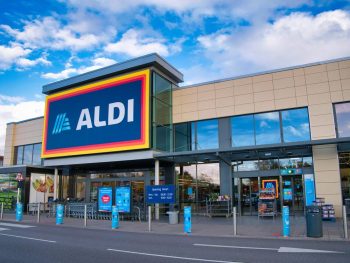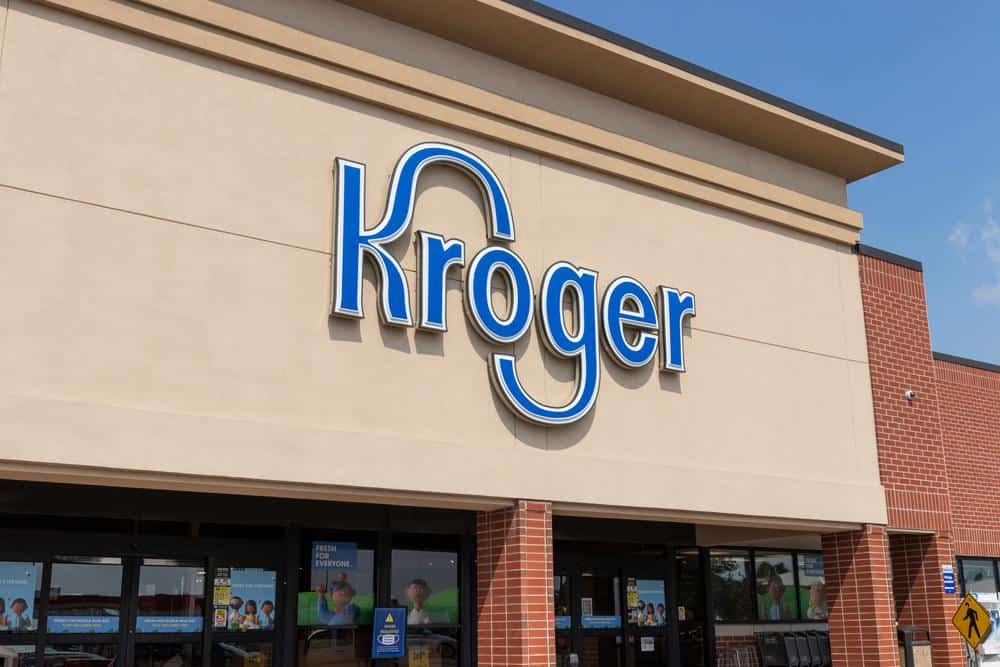
Kroger, America’s largest grocery retailer, is well-known for its wide variety of products, including its selection of pork. Many consumers, however, are curious about where exactly Kroger’s pork comes from and how it is processed before it reaches the store shelves. In this article, we delve into the details of Kroger’s pork supply chain, the quality and safety measures in place, and the company’s commitment to animal welfare and sustainability.
Kroger sources its pork from some of the largest meat suppliers in the United States, including JBS USA, Tyson Foods, and Smithfield Foods. The specific locations of the farms are not disclosed for proprietary reasons. However, Kroger is committed to animal welfare and sustainability, with plans to phase out pig gestation crates in its supply chain by 2025 and to source 100% of fresh pork from suppliers that house sows in group housing systems. Kroger also ensures the quality and safety of its pork through internal measures and external certifications like the Pork Quality Assurance® Plus program.
Kroger’s Pork Suppliers
Kroger sources its variety of pork products from some of the biggest meat suppliers in the country, including JBS USA, Tyson Foods, and Smithfield Foods. These companies provide a range of pork products to Kroger, ensuring that customers have access to various cuts and types of pork. During the height of the coronavirus pandemic, Kroger had to limit the purchases of fresh pork and ground beef due to meat shortages caused by halted operations in slaughterhouses.
Farm Locations and Practices
The specific locations of the farms that supply Kroger with pork are not publicly disclosed for proprietary reasons. However, Kroger has a commitment to animal welfare and has announced plans to phase out the use of pig gestation crates in its supply chain by 2025, a move that will affect more than 2,000 stores across 35 states.
Kroger also has a program called the “Go Fresh & Local Supplier Accelerator,” which seeks to expand its local and regional offerings across the country. This program includes suppliers of various commodities, including meat and seafood. This suggests that some of the pork supplied to Kroger may come from local and regional farms, but again, specific locations are not provided.
Quality and Safety Assurance
Kroger ensures the quality and safety of the pork it sells through a combination of internal quality assurance measures and external certifications. Internally, Kroger employs Quality Assurance Managers and Lead Inspectors who are responsible for evaluating and ensuring the quality, standards, and craftsmanship of the meat sold in their stores.
Externally, Kroger relies on certifications like the Pork Quality Assurance® Plus (PQA Plus) program. This is an education and certification program designed to help pig farmers and their employees continually improve production practices. It addresses food safety, animal well-being, environmental stewardship, worker safety, public health, and community.
Welfare Certifications and Sustainability Practices
In line with its commitment to animal welfare and sustainability, Kroger has implemented several welfare certifications and sustainability practices in its pork supply chain. As part of its Environmental, Social, and Governance (ESG) action plan, Kroger has updated its Animal Welfare Policy and set specific milestones for its pork supply chain.
Processing and Freshness Measures
Pork processing involves several steps before the meat reaches store shelves. The process can be divided into three main areas: slaughtering, meat cutting, and further processing. Throughout the process, sanitation efforts are crucial, with equipment and parts thoroughly washed, scrubbed, sanitized, and rinsed with extremely hot water after each day of processing.
To ensure the freshness of its pork, Kroger employs a series of measures including efficient packaging, purchase limits, a diverse network of suppliers, daily replenishment, and in some cases, freezing the pork during transportation.
Future Plans and Initiatives
Kroger has outlined several future plans and initiatives regarding their pork sourcing. As part of their updated ESG action plan, Kroger has set specific milestones to achieve its goal of sourcing 100% of fresh pork sold in retail stores from suppliers that house sows in group housing systems by 2025.
In conclusion, while the exact locations of the farms supplying Kroger with pork are not publicly available, it’s clear that Kroger sources its pork from a variety of suppliers and is committed to improving animal welfare in its supply chain. The company’s measures to ensure the quality and safety of the pork it sells, its welfare certifications and sustainability practices, and its future plans regarding pork sourcing all reflect this commitment.
Frequently Asked Questions
What other types of meat does Kroger sell?
Apart from pork, Kroger sells a wide variety of meat products including beef, chicken, turkey, lamb, and seafood. They also offer organic and grass-fed options, as well as processed meats like bacon, sausage, and deli meats.
What is Kroger’s stance on antibiotic use in their pork supply?
Kroger is committed to responsible antibiotic use and is working towards sourcing only from producers who follow responsible use policies. They have set a goal to source 100% of their fresh pork and chicken from suppliers recognized by a third-party animal welfare certification program by 2025.
Does Kroger sell organic pork?
Yes, Kroger does offer organic pork options. They carry the Simple Truth Organic™ brand, which offers a range of organic meat options, including pork.
Can consumers purchase Kroger’s pork products online?
Yes, consumers can purchase Kroger’s pork products online through their website or app. They offer pickup and delivery options in many locations across the country.
How does Kroger ensure the freshness of its pork during transportation?
To ensure the freshness of its pork during transportation, Kroger uses efficient packaging and, in some cases, freezes the pork. The company also employs a diverse network of suppliers and daily replenishment practices to ensure that the meat remains fresh from the farm to the store.


